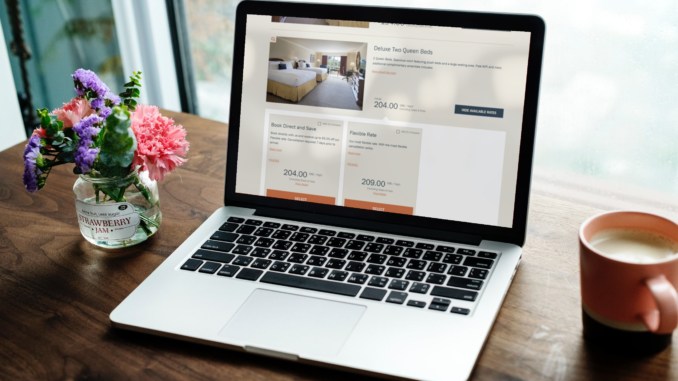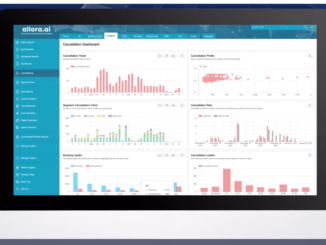
10.18.2019
Since October 2017, Allora, from booking engine solution provider Avvio, has profiled 56 million unique guests. In the process, the company has gained insight from running more than 600,000 AI-based trials which has subsequently led to the adoption of almost 2,000 active learned improvements to benefit hotels in attracting more direct guest bookings.
One of the key learnings shows that mobile first, which has become a universally accepted assumption into the way consumers search and book hotel rooms, is not a universal truth.
This is markedly shown in U.S. guest behavior where 82% of website bookings for four-star hotels in London are made from a desktop device. There has been little change in the past two years and mobile device bookings are still not seeing growth.
However, the same cannot be said when looking at booking patterns of European guests with UK and Irish consumers following the recognized consumer trend for mobile first.
In June 2018 mobile device bookings overtook desktop bookings for Irish guests for the first time and the gap has widened since then with 52% of the domestic bookings for Irish hotels now booked on a mobile device vs. a declining 38% on desktop in the period up to August 2019.
Allora has also provided significant insight into the time it takes guests to book. Geography has again been identified as a major factor when it comes to the length of time from first web visit to the actual booking.
The number of days taken to make a booking at a UK hotel is 3.3 days for a UK-based guest and 2.5 days for a US guest. However, Allora has shown that Ireland-based guests take on average just over 7 days to make a booking in their home country and almost 6 days to make a UK booking.



